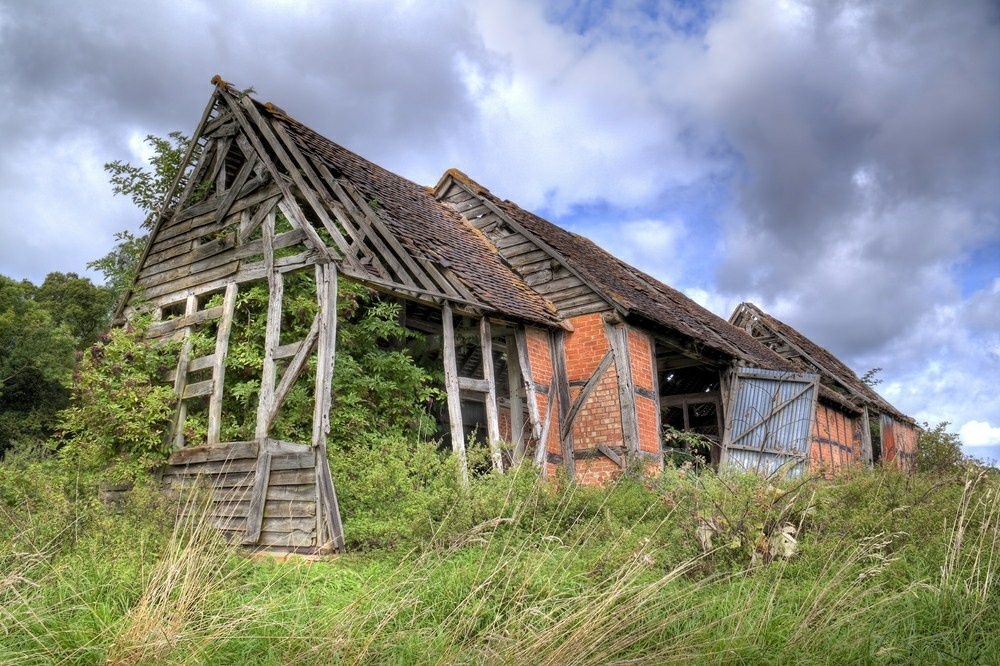
Hannah Moule, Founder and Director of The Rural Planning Co reflects on the mixed blessing of Barn Conversions...
Last Friday I had the pleasure of visiting three separate planning projects, all a mixture of traditional barn conversions and possible Class Q's. Whilst it sometimes surprises me how many unconverted traditional barns are still around, I spent much of the day reflecting and discussing just how much of a mixed blessing these traditional buildings are...
Location...
Many remain unconverted because it just isn’t practical to do so. They are often located in the middle of the farmyard, surrounded by ‘new’ buildings and close to the main farmhouse. So whilst the owners are still farming, it would be almost impossible to extricate and do something with them.
Occasionally we are invited, like today, to see a farmyard which has largely come to the end of its useful life, or a change in family circumstances means it is time to find them a new use. In the majority of cases, residential conversion remains the most valuable alternative use, but residential use has significant disadvantages so takes quite a bit of thinking about. We are rarely there just to answer the question about planning, but thinking ‘in the round’ about many other implications, for example retaining or creating new accesses, drainage, splitting up titles, rights of way etc.
Optimising the value of the site...
One of my pet hates is where a planner or architect rocks up and just gives relatively passive planning advice about what you can and can’t get planning for. In the worst scenarios they just advice the easiest route which creates a project and fee for them, but rarely is the best use of the site.
Good planners / advisers / surveyors (and there are good ones!) will look at optimising the value of the site, alongside the client’s objectives. It’s not about taking the easiest or first fee, its about looking at the market (are three large properties better for value and the retained land, or five small properties?)
It’s about working out how the site will work, the layout, the practicalities. Then what order to do the planning in? Can we use Class Q on the modern buildings, then get planning permission on the traditional? Then maybe even a scheme to redevelop the whole lot with some new build plots? And of course then we’re sometimes thrown the extra challenge of ‘can you get us some new farm buildings too?’
This is my absolute favourite type of planning project to get involved with. I love applying planning knowledge and experience to creating a strategy that not only optimises the site, but means our clients are left with things tied up properly. They can continue to use retained house and land as they wish and with minimal detriment to them.
Bats...
Bats are a biggie. We can’t apply for traditional barn conversions without full bat surveys which can only be completed during April to end of August. So todays meetings were about the strategy, getting prepped for other applications such as Class Q’s first, lining up the barn conversions for the spring of next year.
How can we help you?
If you would like to talk to us about your site, please do not hesitate to get in touch. We have a team of Planning Consultants who can help you determine whether planning permission is required and if it is we can help with your application.





